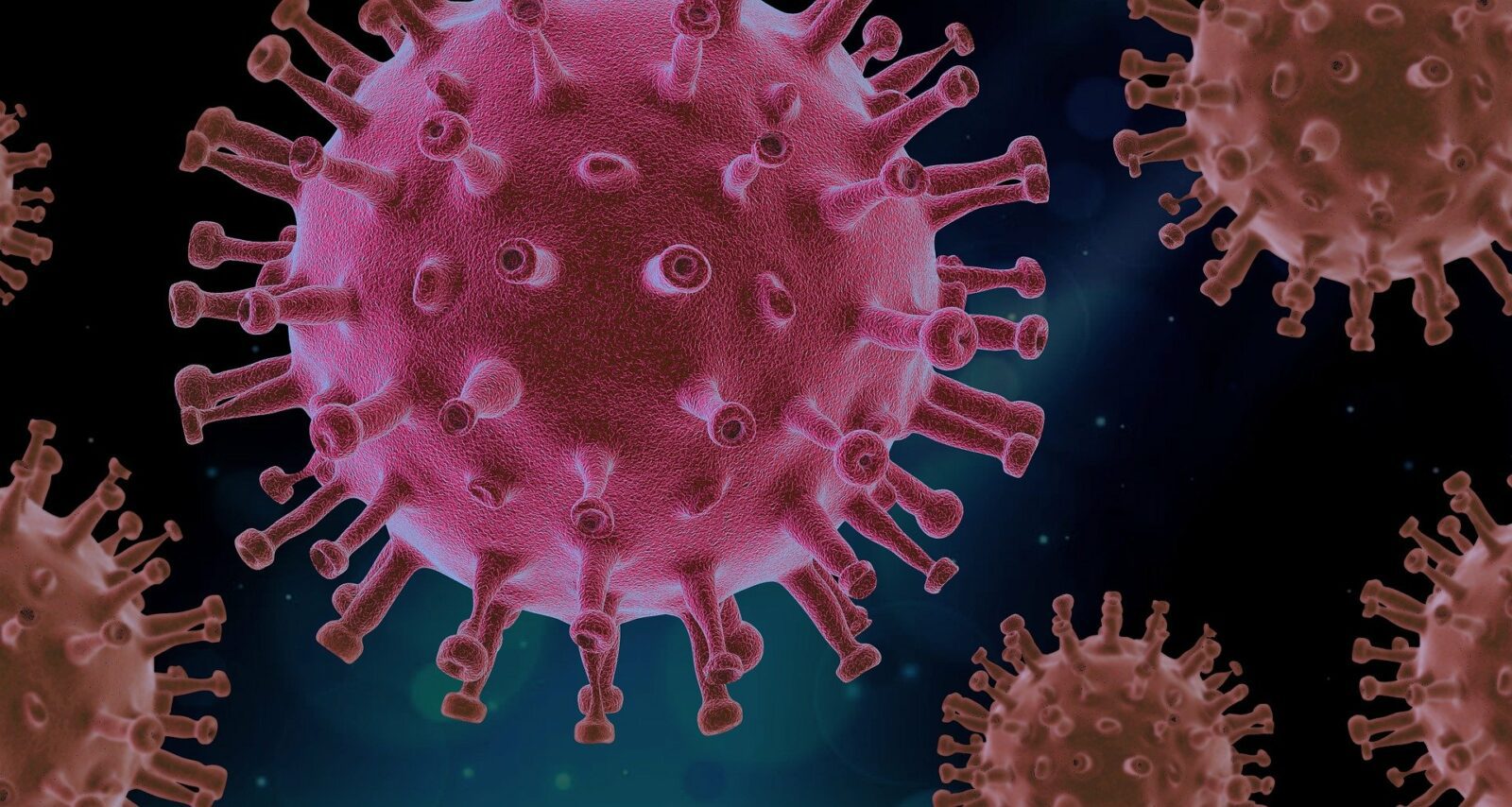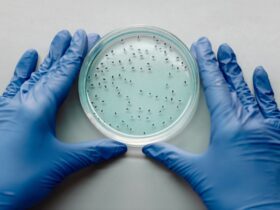DNA-based vaccines contain a viral genetic material that trains the body to create viral proteins. It is an instruction sheet for the immune system to follow in case of exposure to the infection. There are several types of Covid-19 vaccines: mRNA vaccines: Pfizer BioNTech and Moderna, viral vector vaccines: AstraZeneca and Johnson & Johnson, and protein subunit vaccines: Novavax and DNA vaccine Zydus.
What do we know about Cadila’s Zydus Covid-19 vaccine?
There have been several trials in India; some are in phase three, others in phase two and phase one. India is the first country to issue an emergency authorization of the Zydus Cadila: ZyCoV-D vaccine against the SARS-CoV-2 virus. The vaccine created in India is the world’s first DNA vaccine against the new coronavirus, and it can be used for those over 12 years old. As a particularity, it will be administered in three doses. So far, the already approved vaccines have been administered in a single dose or two doses to reach full vaccination status. Recent reports mention that India plans to use the Zydus vaccine to speed up the vaccination campaign as the Covid-19 virus has drastically hit the country. The Delta strain originated there a year ago, and since then, cases of infection with the variant have been identified worldwide.
India has big plans
India’s Government plans to vaccinate all adult populations until the end of the year and provide a first vaccine jab for teenagers under 18. The company behind the vaccine, Cadila Healthcare Ltd, plans to provide at least 120 million doses of the Covid-19 vaccine, and it could contribute to the end of the pandemic. The plan all along was to vaccinate more than 70% of the world’s population and reach herd immunity.
This is not India’s first Covid-19 vaccine. Bharat Biotech has already developed Covaxin. The company even announced that the Covid-19 vaccine is effective against dangerous variants of the SARS-CoV-2 virus, such as the Delta strain.












Leave a Reply